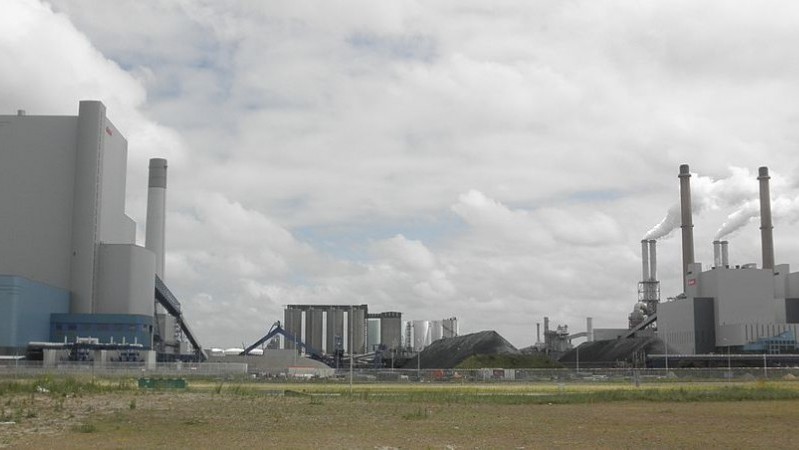The Netherlands will phase out coal power by 2030, set a carbon floor price and lobby for deeper EU carbon cuts in line with a 1.5C global warming limit.
That was revealed in the coalition agreement for Mark Rutte’s centre-right government on Tuesday, 209 days after the last general election.
Under the agreement, three of the most efficient coal plants in Europe, completed in 2015, face early closure. As Climate Home reported, by 2016 they were already losing value, having failed to anticipate low demand, competition from renewables and campaigner pressure.
Gerard Wynn, an analyst with the Institute for Energy Economics and Financial Analysis, said the decision “sent a dramatic signal to electricity markets today that no investment in coal-fired power in Europe is safe”.
The four governing parties also agreed to set a carbon floor price for the power sector and buy emissions allowances on the EU carbon market, to make sure coal closures did not simply make it cheaper to pollute elsewhere.
Climate Weekly: Sign up for your essential climate news update
They are aiming for the Netherlands to cut emissions 49% below 1990 by 2030. Closing coal plants will provide a large chunk of the savings, cutting 12 million tonnes (Mt) of CO2 emissions each year. But the goal hinges on developing carbon capture and storage (CCS), which the agreement said would save 18Mt.
In June, the country’s ROAD CCS pilot project collapsed after a long struggle to get sufficient funding. The coalition promised to consult key ports and industrial regions on a way forward.
At EU level, the Netherlands will lobby for the 2030 emissions reduction target to be deepened from “at least 40%” to 55% from 1990 levels.
Failing that, the coalition said it would seek to agree stronger action with “likeminded” countries in northwestern Europe, to minimise any competitive disadvantage from tougher targets.
